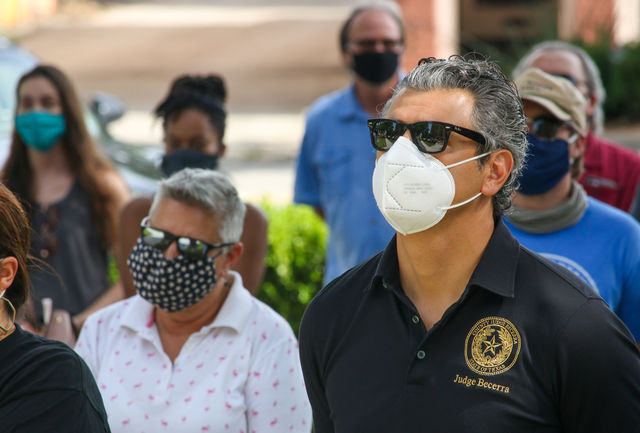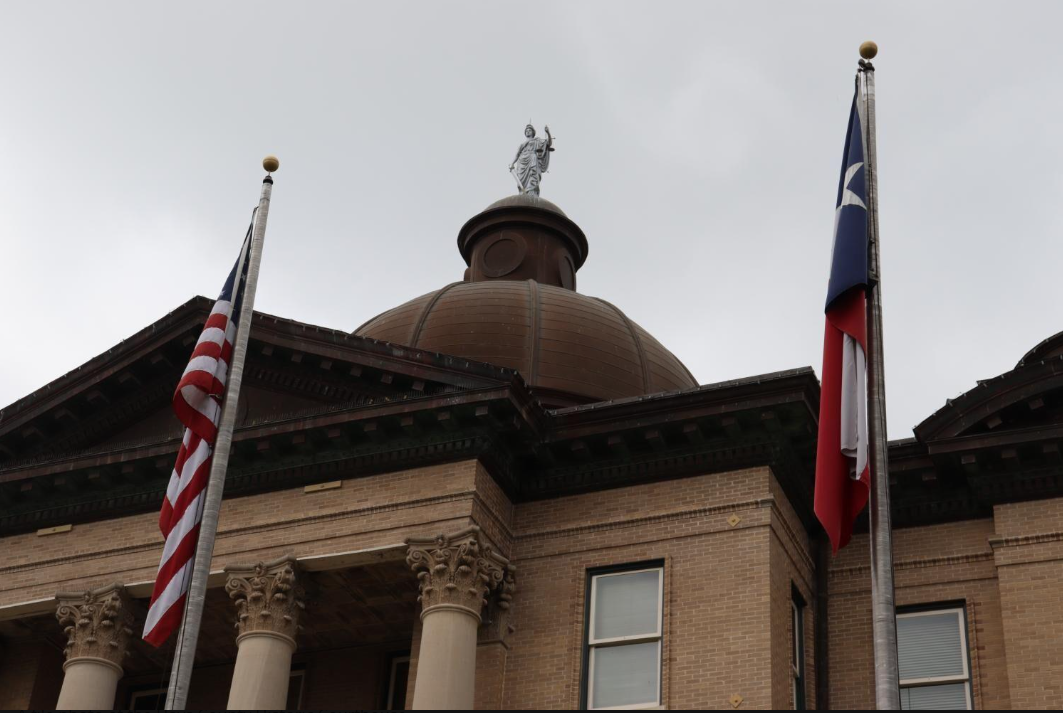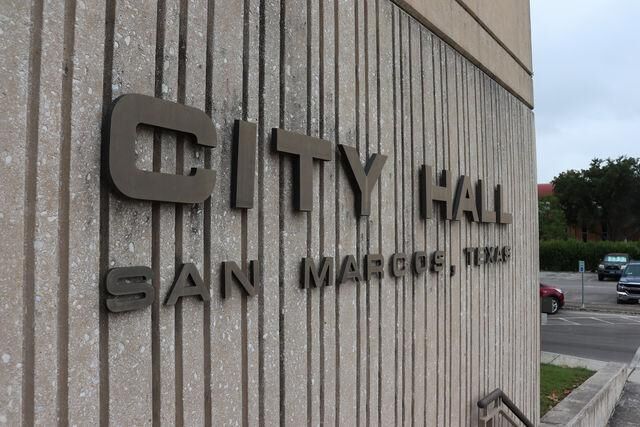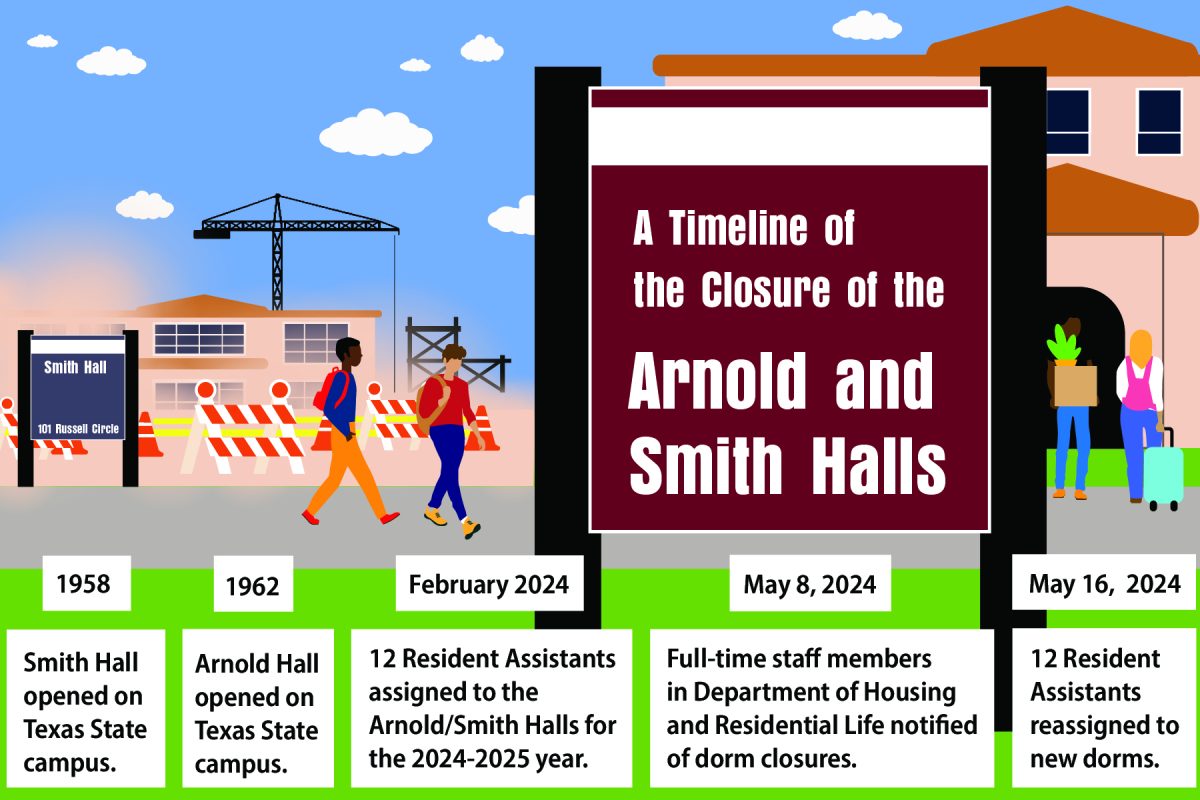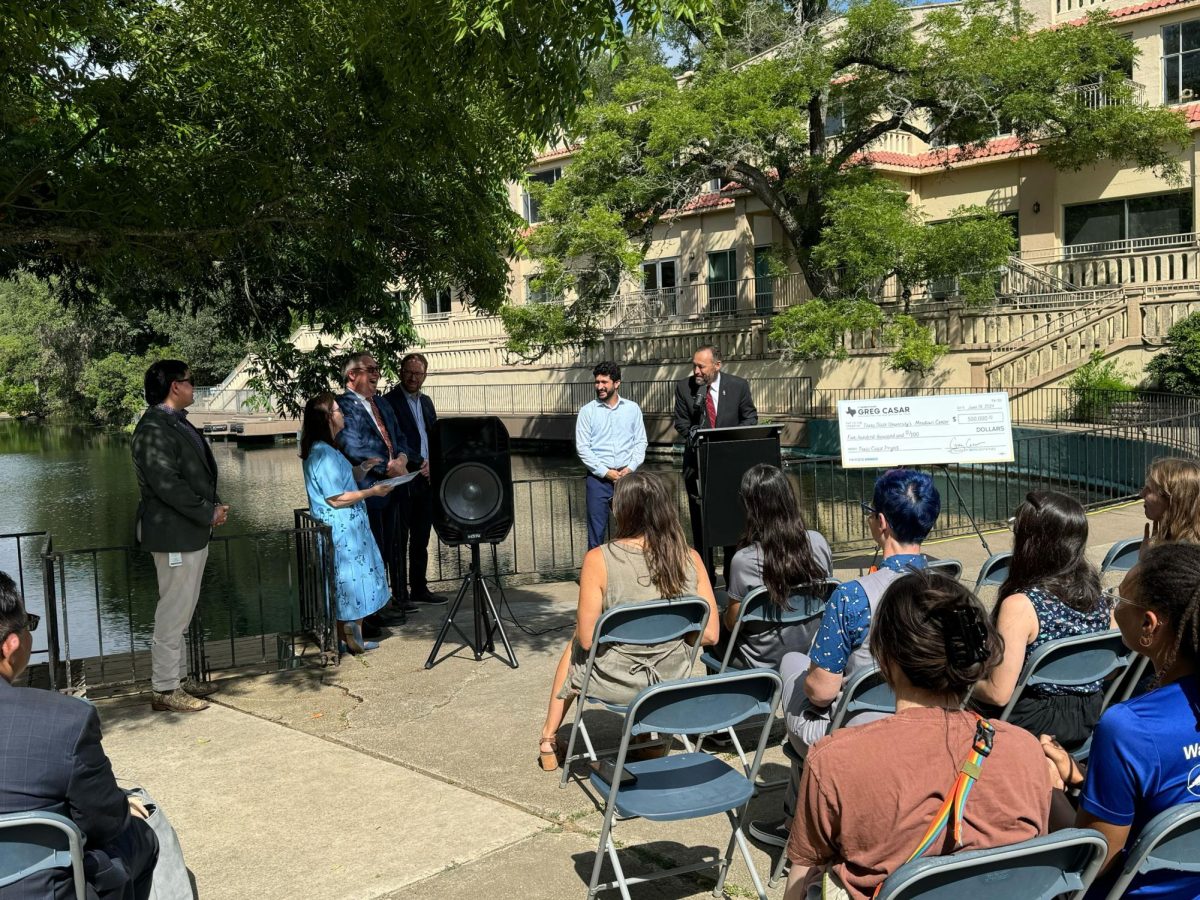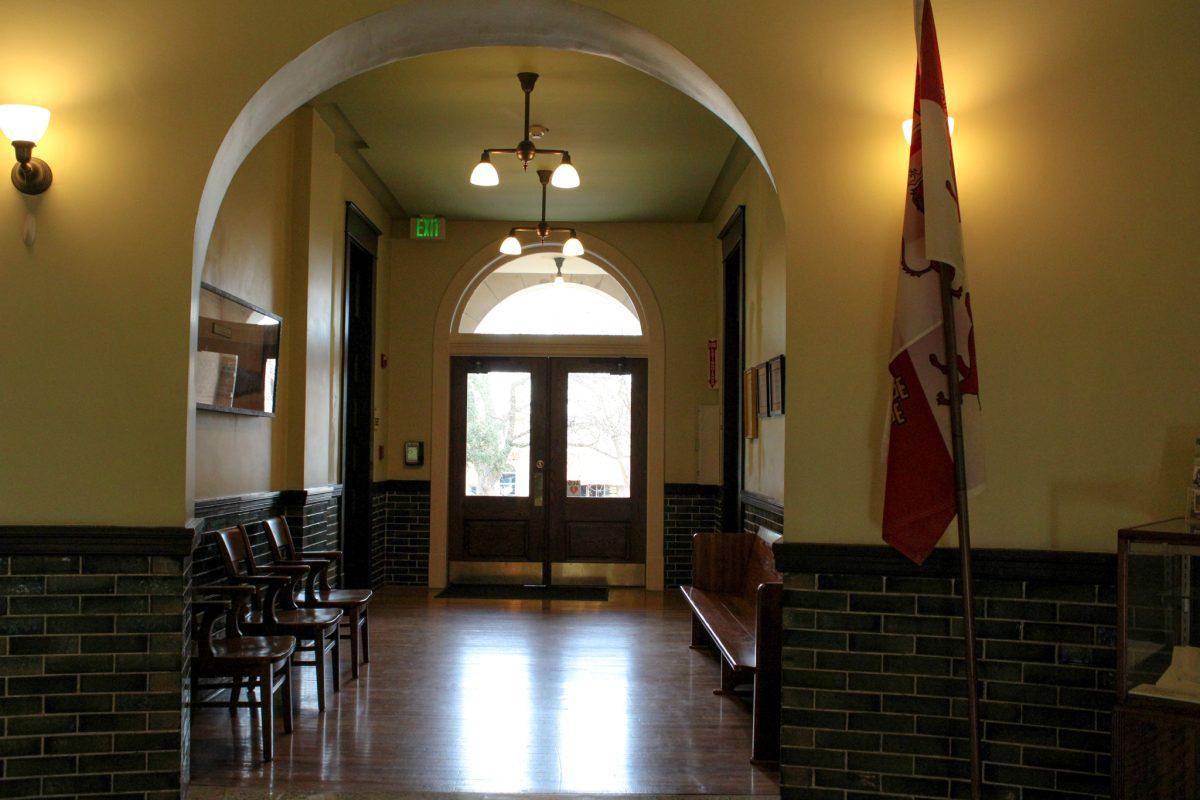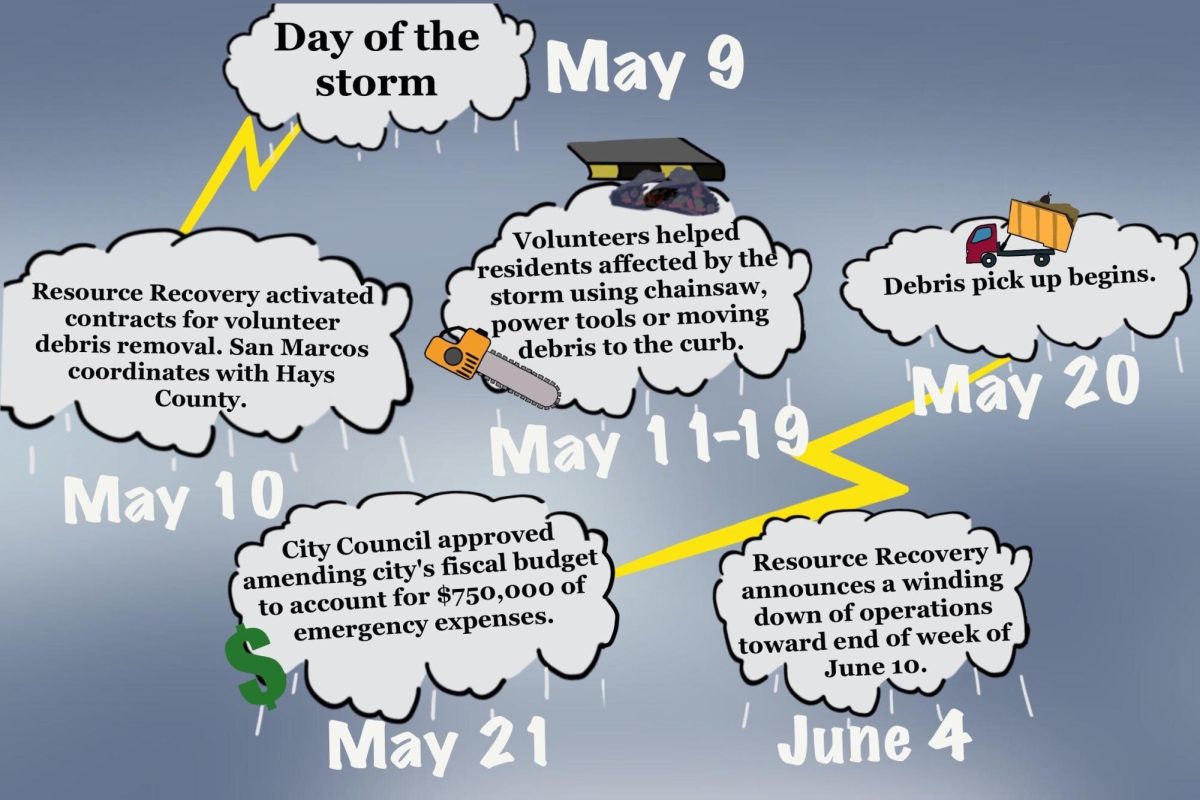Hays County Judge Ruben Becerra’s office is in the early stages of a project which, if it comes to fruition, will construct a mental health care facility serving all of Hays County.
The facility would provide general mental health services to the community and is intended to serve as an alternative to jailing for people with mental illness. Becerra’s office is currently working with stakeholders to conduct a needs assessment, a comprehensive analysis of the problems the facility will need to address, as well as identifying a mission statement for the project.
Becerra’s chief of staff, Alex Villalobos, says the needs assessment is a vital first step in what will likely be a lengthy process.
“We’re really putting a lot of thought process behind this with a lot of organization,” Villalobos says. “We’ve started to implement some goals and a mission statement for the stakeholders, and we will move from there, but this is very, very preliminary.”
Once the needs assessment concludes, county officials and stakeholders will use the information they collected to assess the feasibility of the project and decide whether they will move forward with it. If officials elect to move forward with the project, they will begin discussing logistics. Villalobos says it is too early to estimate how long the process will take.
According to the National Alliance on Mental Illness, people are more likely to encounter police than seek mental help. Approximately 2 million people with mental illness are booked into jails each year, most of whom are not violent criminals.
Dr. Adam Vaughan, an associate professor in the School of Criminal Justice and Criminology who specializes in mental illness within the criminal justice system, thinks a facility would benefit Hays County, both by helping people with mental illness get treatment and by reducing the burden on local jails.
“If you’re streamlining someone into a hospital, they’re not a criminal — they’re a patient,” Vaughan says. “Streamlining patients into medical facilities alleviates the pressure of putting a patient in a jail or another criminal justice facility and, arguably, that’s where they should be.”
Jordan Buckley, communications director for Mano Amiga, a local justice reform advocacy group, is also optimistic about the project. Buckley is concerned about the incarceration rate in Hays County and hopes by providing an alternative to incarceration, police in Hays County will make fewer unnecessary arrests.
“Hays County is addicted to incarcerating people needlessly, and pursuit of mental health services would be one important avenue to avoid this dangerous predilection by county officials to cage residents when they simply do not need to,” Buckley says.
However, Vaughan foresees several practical challenges with the project, such as the cost of employees and infrastructure, the facility’s capacity and the criteria for determining who is diverted to the facility, to name a few.
Villalobos says funding for the project will likely come from a combination of government agencies and private providers.
“I think it’s incumbent on us as a government to make sure that we identify where we can get resources and see how we can work together for the overall benefit of the community,” Villalobos says.
Additionally, matters like capacity and specific procedures will be discussed, but not until much later in the process. Whatever the outcome of the needs assessment is and regardless of what the next step is, Vaughan says the fact that this kind of project is being considered at all is an encouraging sign.
“Not all places even think that this is an issue, whereas you’ve got places like Hays County that are saying, ‘well, at least let’s see how big of an issue it is,’” Vaughan says. “That… is a really important first step.”
County officials consider development of mental health care facility
January 20, 2021
Hays County Judge Ruben Becerra listens to a speech at a protest held for and in honor of George Floyd and Breonna Taylor, Friday, May 29, 2020, at the Hays County Historic Courthouse.
Donate to The University Star
Your donation will support the student journalists of Texas State University. Your contribution will allow us to purchase equipment and cover our annual website hosting costs.











